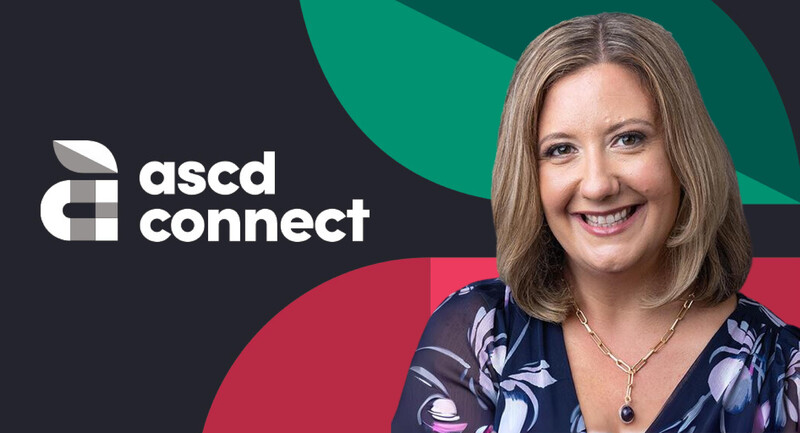Schools often have a “culture of talk” around improvement. By working with teachers to identify needs and set compelling goals, instructional coaches can turn that into a “culture of action,” Jim Knight said in his Sunday morning session at ASCD Empower18.
At the outset of his session, Knight featured a quote from the surgeon-writer Atul Gawande: “Coaching done well may be the most effective intervention designed for human performance.”
Knight, who has spent more than a decade studying and writing about instructional coaching, noted that coaching programs are particularly important in schools because traditional forms of professional development like workshops have not effectively improved instructional practice.
But Knight emphasized the “done well” part of Gawande’s quote.
For coaching relationships to work, he said, we must view them through the lens of a partnership. This means they are characterized by equality, dialogue, affirmation, and autonomy. “Just telling people what to do is not a good strategy for change,” said Knight, whose presentation was interspersed with video clips and attendee discussion periods.
The “dialogical” approach to coaching tends to work best with teachers, Knight said. In this approach, the coach sees the teacher as a partner. They “think together,” and while the coach provides expertise, she encourages the teacher to use discretion and add insight. This work includes a balance between advocacy and inquiry.
This model both supports and motivates teachers, as opposed to more directive styles.
Once an effective partnership has been established, Knight said, a coach’s work with a teacher should adhere to the following “impact cycle”:
- Identify. In the first stage, the coach helps the teacher identify the “current reality” to get a clear picture of where he needs help. Knight noted that video can be powerful tool for this stage, adding that “smart phones have revolutionized professional development.” Once an area of need has been illuminated, the coach should help the teacher set improvement goals that are straightforward, emotionally compelling, reachable, and focused on students rather than teachers.
- Learn. Next, the coach should help the teacher understand and develop the desired practice or improvement strategies. This may involve creating a rubric-like checklist (always with the teacher’s input), modeling instruction, coteaching, or observing other teachers. Teachers should feel like they have an instructional playbook to work with. At this stage, “precise explanation” is key, Knight said.
- Improve. Finally, the coach must help the teacher integrate the new practice or strategy into her instruction, recognizing that failure is common when we try new things in a live setting. At this stage, the coach should confirm the teacher’s progress, despite any doubts or pessimism from the teacher. “Holding true to the vision through ambiguous situations” is an important function of an instructional coach, Knight said.
The coach should also work with the teacher to adjust goals as needed, make refinements in the practice, and plan next steps.
“We don’t have to be the fidelity police,” Knight said. “We just have to provide freaking awesome support.”
Visit Knight’s website, Instructional Coaching, to download his presentation slides (PDF).








